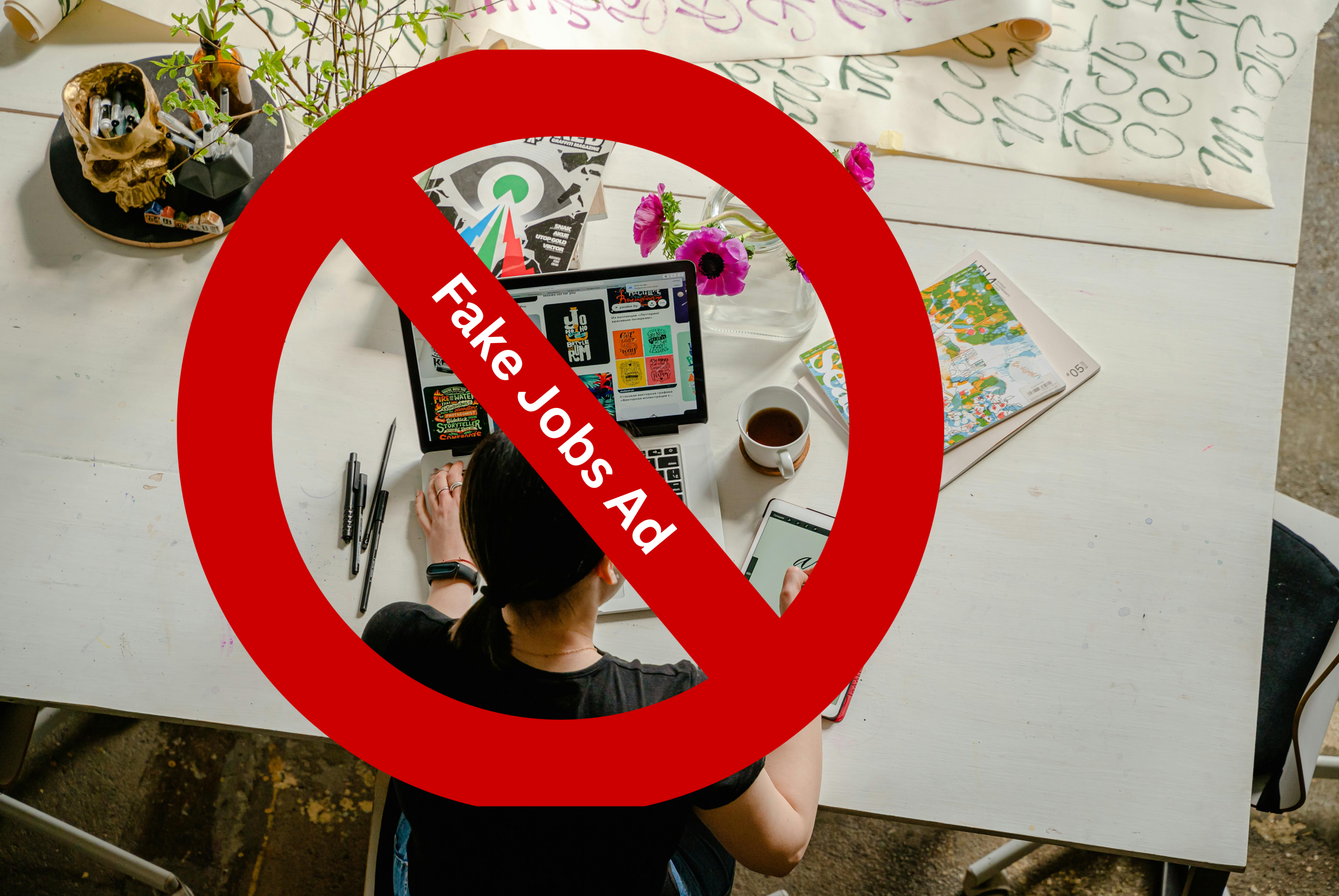You’re just sitting there. Minding your business. Doing the job. It’s just another Tuesday. Coffee in hand. Inbox full. Then suddenly—boom.
Your manager walks in. Cold face. A file in hand. “We need to talk.” Uh-oh.
Few minutes later, it’s over. You’ve been fired. Just like that. No heads-up. No warnings. No nothing.
Can they really do that? Fire you without even a whisper of trouble?
Well. It’s complicated. Like most things in the workplace.
Sometimes yes. Sometimes no. The law’s clear. But also not. Let’s break it down.
Understanding Dismissal – The Basics
Okay, first. What even counts as dismissal?
It’s when they let you go. Not because you want to leave. But because they want you gone.
Now—there’s levels to this.
- Fair dismissal – There’s a valid reason. And a fair process. Maybe you kept showing up late. Or never met your targets.
- Unfair dismissal – No solid reason. No proper steps taken. Just vibes.
- Automatic unfair dismissal – Fired for something protected. Like falling pregnant. Or joining a union.
- Constructive dismissal – You weren’t fired. But they made work so unbearable, you had no choice but to quit.
Still asking, “Can they just fire me like that?”
Let’s keep digging.
The Short Answer: Sometimes, Yes
Yup. You read right. Sometimes, yes. They can.
But not all the time. And not in just any way.
There are strict rules. Boundaries. Not every “you’re fired” is legal.
Let’s talk when it’s allowed.
When It Is Legal to Fire Without Warning
This one’s important. So pay attention.
1. Gross Misconduct
Let’s say you did something real bad. Like stole money. Or assaulted someone at work. Or came in drunk. Yeah. That kind of bad.
That’s gross misconduct.
When it’s that serious? They don’t have to walk you through warnings.
Boom. You’re out.
Still, they can’t just say “you’re fired” and move on.
Nope.
They gotta:
- Investigate
- Call a hearing
- Let you explain
It’s fast. But not reckless.
2. Probation Periods
You’re new. Still learning the ropes. On probation.
Employer feels you’re not the right fit. They want to cut it short.
Can they? Kinda.
Yes, they can let you go. But even then—it ain’t lawless.
They must:
- Give you feedback
- Show where you fell short
- Allow some time to improve
Problem is—most don’t. They just hand over the letter. Quiet and clean.
Doesn’t mean it’s right. Or legal.
When It’s Not Legal to Fire Without Warning
Now here’s the meat. The part they skip. Or pretend not to know.
If you’ve been working. Performing decently. No huge issues. No warning letters. And boom—they fire you?
Nope. Not legal.
1. Dismissal Must Be Substantively and Procedurally Fair
Sounds fancy, right? Let’s unpack.
- Substantively fair – There’s a real reason. Not “I just don’t like you.”
- Procedurally fair – The steps are followed. Proper warnings. Disciplinary hearing. That stuff.
So if you slipped once—missed a deadline or had a bad week—that ain’t enough to just end it.
They have to build the case. Step by step. Unless you did something really serious, they can’t skip the process.
What the Law Says (In South Africa)
Alright. Let’s go local.
Here’s what South African law says. And trust me, it says a lot.
The Labour Relations Act (LRA)
This is your armour. Your go-to.
It literally says:
“Every employee has the right not to be unfairly dismissed.”
Read that again.
So if your boss just woke up grumpy and said “You’re done,” and didn’t follow process?
You’ve got a case.
The Act also says dismissals must be fair—both in reason and process.
That usually means:
- First, a verbal warning
- Then, a written warning
- Maybe even a final written warning
Only then—dismissal’s on the table.
Schedule 8: Code of Good Practice
This is like a checklist for fair discipline.
It says:
- Warnings should be progressive
- You must get a chance to improve
- You have the right to defend yourself
No shortcuts. Unless you really did something wild.
Exceptions to the Rule
Now employers love throwing this part around.
“Oh, but they were on probation.”
“It was just a fixed-term contract.”
Still. Doesn’t give them total power.
- Fixed-term contracts – Can’t just end it halfway without reason.
- Probation – Still needs fair treatment. Still needs feedback.
They also can’t fire you if:
- You’re pregnant
- You filed a complaint
- You refused to break the law
Do any of that and get fired? That’s automatic unfair dismissal.
That’s where CCMA steps in. And it gets real.
What If You’re Fired Without Warning?
It’s already happened? You’re out. No process. No letter. No nothing?
Don’t panic. But don’t sit quiet either.
Here’s what to do.
Step 1: Stay Cool. Gather Your Stuff.
Don’t yell. Don’t cry. (Okay, maybe cry a little later.)
First:
- Ask for the dismissal reason—in writing
- Check your contract
- Save emails, texts, anything helpful
That’s your ammo.
Step 2: Go to the CCMA
You’ve got 30 days from the date they fired you.
File a case at the CCMA. It’s free. You don’t need a lawyer.
First, they’ll try mediation. If that fails, you go to arbitration—like a mini-trial.
If they find it was unfair?
You could get:
- Your job back
- Or compensation—up to 12 months’ salary
Not bad, right?
Step 3: Get Legal Advice
Some cases are messy. Or confusing.
Find a labour lawyer. Some do free consults. Others work on “no win, no fee.”
Don’t guess. Get help.
Real Stories. Real Lessons
Let’s make it human.
Sipho’s Story
He worked retail. One day, a till came up short. R300 missing.
No proof. No hearing. Just a call. “You’re fired.”
He went to CCMA. Boom. Won the case. Got 6 months’ salary.
Why? Employer didn’t follow process. At all.
Amina’s Story
Probation at a law firm. Struggling a bit. No surprise—it’s new.
One day—email from HR. Termination. No meeting. No review.
She fought back. And won.
Lesson? Even on probation, you’ve got rights.
So, Can You Be Fired Without a Warning?
Here’s the final word.
Yes. Sometimes, you can be fired without a warning.
But it’s rare. Only happens in extreme cases.
The rest of the time? Employers gotta follow rules.
- Reason
- Warnings
- Hearings
- Fairness
If they skipped that? You’ve got a voice. And the law backs you up.
Final Thoughts
Losing a job feels like the ground just disappeared. It hits deep.
But listen—you’re not powerless.
South African labour law protects you. Strongly.
You don’t have to accept it. You don’t have to just move on.
Speak up. Ask questions. Get support.
And always, always remember—you deserve fairness.








